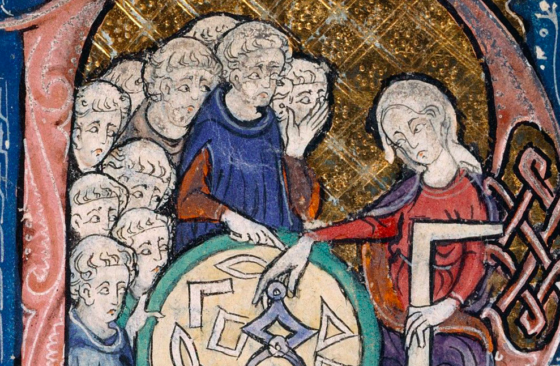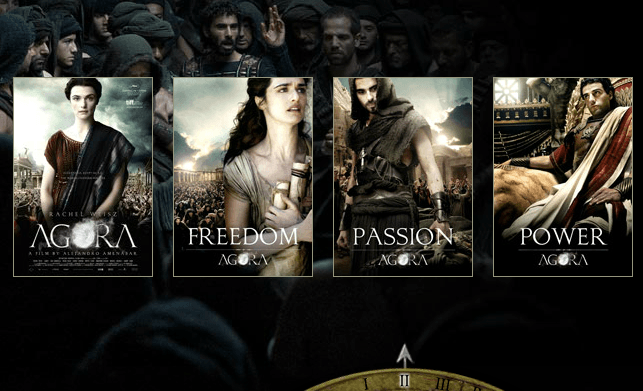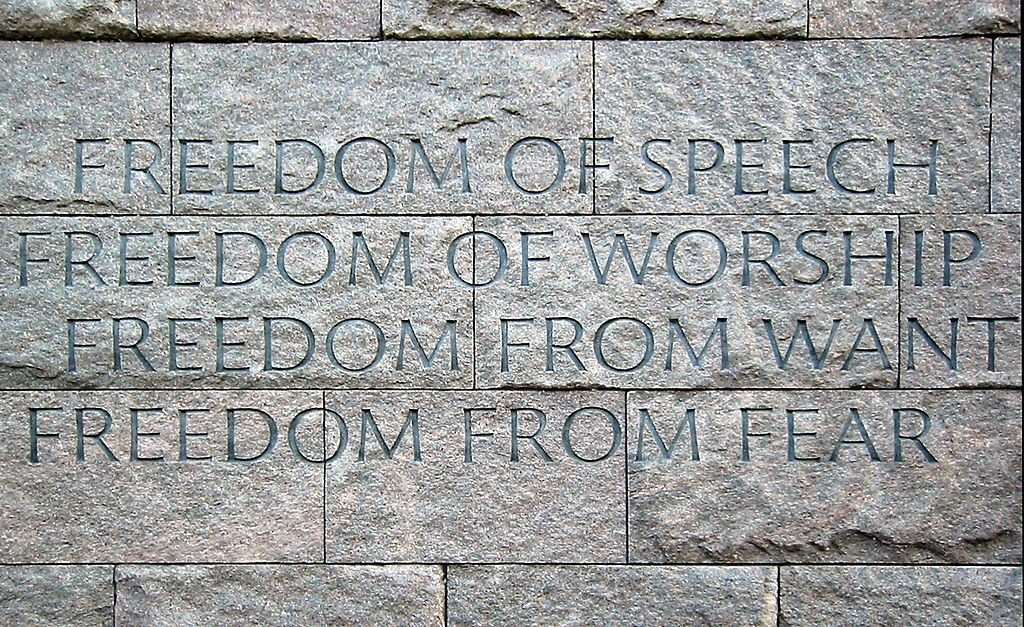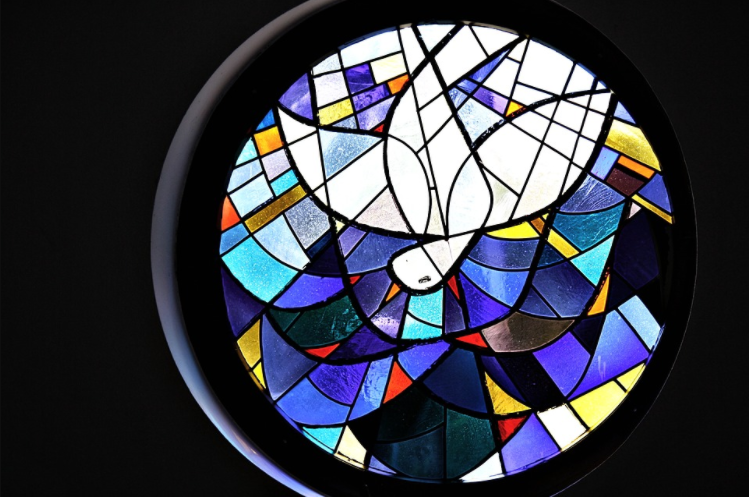-
Adelard of Bath: When English Kings Studied the Learning of the Arabs
Once upon a time, Norman kings of England studied the learning of the Arabs. A strange story indeed, largely forgotten. At that time the “English” were subjects of their Normans rulers. And Norman “cousins” also ruled in another island to the south. Before they arrived it had been called the Emirate of Sicily. The hero of our story is Adelard of Bath (1080s-1150s): an English scholar monk greatly learned in ancient and foreign tongues. The secret languages of science he acquired: Greek, Latin and Arabic. Born in England, and likely an Anglo-Saxon himself, Adelard travelled widely. His life took him on long journeys – France, Southern Italy, Sicily, Greece, Syria and Palestine. As…
-
Seeing With New Eyes: Ibn Al Haytham, Optics and Foreignness
When we think of the science of optics we may think of Isaac Newton, who together with his other discoveries, made important studies in the field of optics. We are far less likely to think of the breakthroughs in optics and science made by Ibn Al Haytham, a scientist who lived in the Islamic world in the tenth century. To Europe he was known as Alhacen or Alhazen. Al Haytham largely solved a scientific problem that had frustrated previous thinkers for more than a thousand years. How do we see? The problem stretched back to the time of Aristotle. Aristotle spoke Greek. Al Haytham’s work was written in Arabic and…





